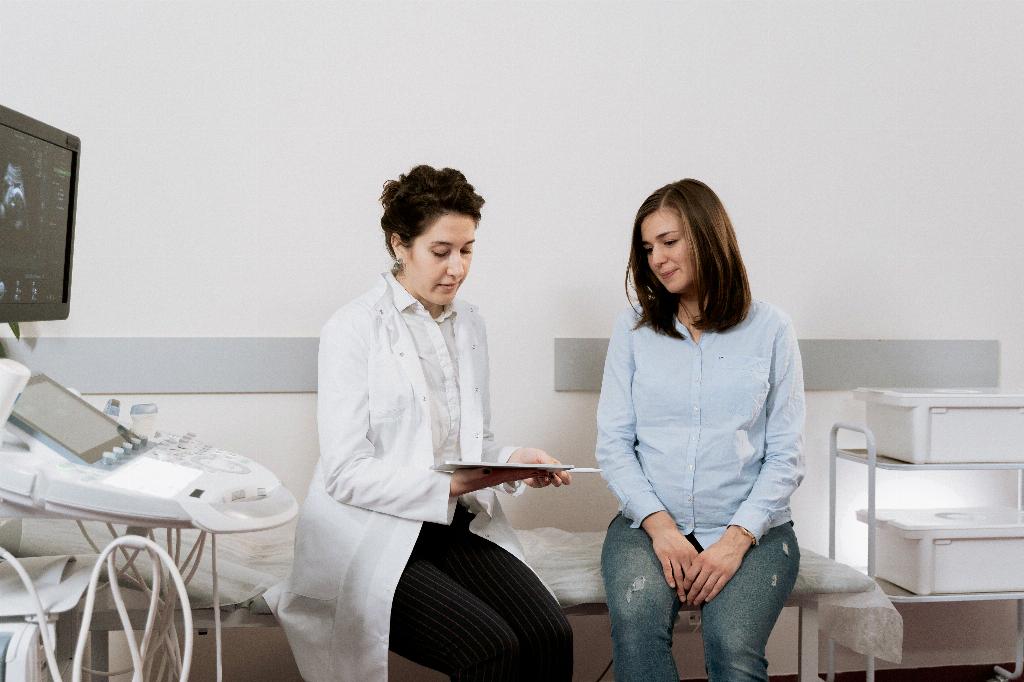Bartholin cysts can be a source of discomfort and concern for many individuals. These small fluid-filled sacs can develop near the opening of the vagina, leading to pain, swelling, and sometimes infection. If you have found yourself dealing with Bartholin cysts, you may be wondering why they have suddenly become an issue for you.
One potential cause of Bartholin cysts is the blockage of the ducts leading from the Bartholin glands. When these ducts are obstructed, fluid accumulates, resulting in the formation of a cyst. The reasons behind these duct blockages can vary, and in some cases, the exact cause may not be immediately clear.
If you have recently started experiencing Bartholin cysts, it is essential to consider potential factors that could contribute to their development. One common link to Bartholin cysts is the presence of sexually transmitted infections (STIs) such as gonorrhea or chlamydia. These infections can lead to inflammation and blockages in the Bartholin ducts, increasing the risk of cyst formation.
Aside from STIs, other bacterial infections, such as Escherichia coli (E. coli), can also play a role in the development of Bartholin cysts. The presence of harmful bacteria in the genital area can disrupt the normal function of the Bartholin glands and ducts, leading to cyst formation. It is crucial to address any underlying infections promptly to reduce the risk of recurrent cysts.
In addition to infections, hormonal changes can also impact the likelihood of developing Bartholin cysts. Fluctuations in hormone levels, particularly estrogen, can affect the health and function of the Bartholin glands. Changes in hormone levels, which may occur during menstruation, pregnancy, or menopause, can contribute to cyst formation.
Personal hygiene practices can also impact the risk of developing Bartholin cysts. Poor hygiene habits, such as inadequate cleansing of the genital area or the use of harsh soaps and detergents, can irritate the Bartholin glands and increase the likelihood of cysts. Maintaining good hygiene practices can help reduce the risk of cyst formation.
Additionally, certain lifestyle factors and behaviors may play a role in the development of Bartholin cysts. Engaging in activities that increase friction or trauma to the genital area, such as vigorous sexual intercourse or cycling, can contribute to the formation of cysts. It is essential to be mindful of activities that may put strain on the Bartholin glands.
Certain anatomical factors may also make some individuals more prone to developing Bartholin cysts. Variations in the size or shape of the Bartholin glands or ducts can increase the risk of blockages and cyst formation. Understanding your anatomical makeup can provide insights into why you may be experiencing recurrent cysts.
Prior history of Bartholin cysts or abscesses can also increase the likelihood of future cyst formation. Individuals who have previously dealt with Bartholin gland issues are at a higher risk of developing cysts again. It is crucial to address any underlying causes or risk factors to prevent the recurrence of cysts.
Emotional and psychological factors may also impact the development of Bartholin cysts. Stress, anxiety, and other emotional issues can influence hormone levels and immune function, potentially contributing to cyst formation. Managing stress and addressing emotional well-being can help reduce the risk of recurrent cysts.
It is essential to seek medical evaluation if you are experiencing recurring Bartholin cysts. A healthcare provider can assess your symptoms, determine potential underlying causes, and recommend appropriate treatment options. Addressing the root cause of the cysts is key to preventing future recurrences and promoting overall vaginal health.
In conclusion, Bartholin cysts can arise due to various factors, including infections, hormonal changes, hygiene practices, lifestyle behaviors, anatomical factors, and emotional influences. Understanding the potential reasons behind sudden cyst development can help you take proactive steps to address and manage your symptoms. By staying informed and seeking timely medical advice, you can effectively navigate the challenges associated with Bartholin cysts and prioritize your vaginal health.

